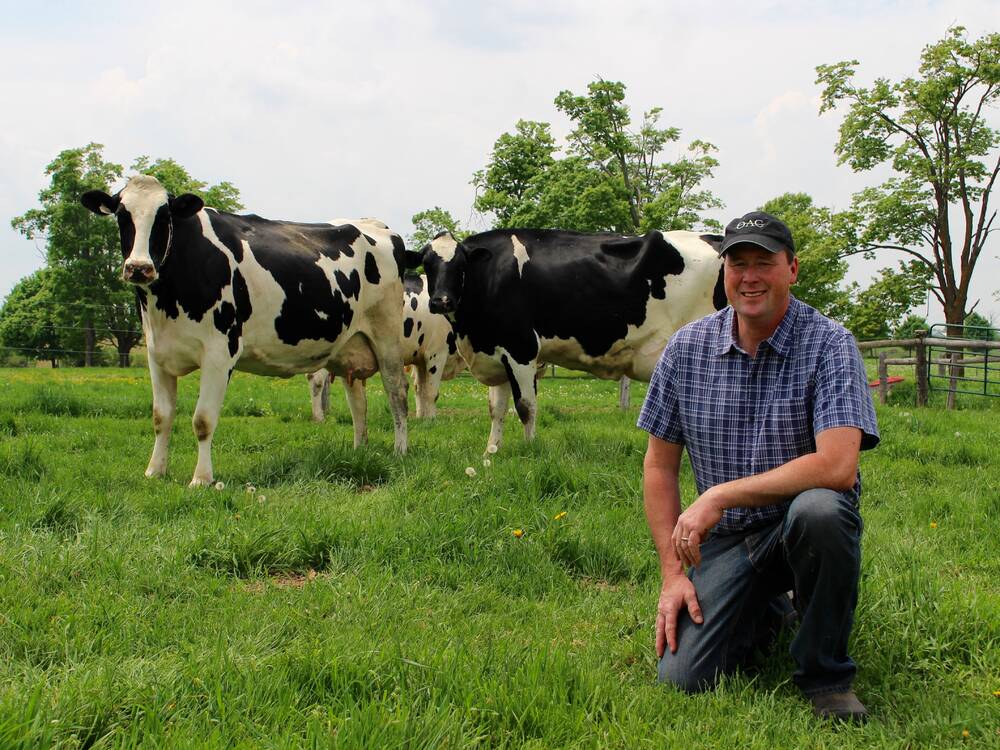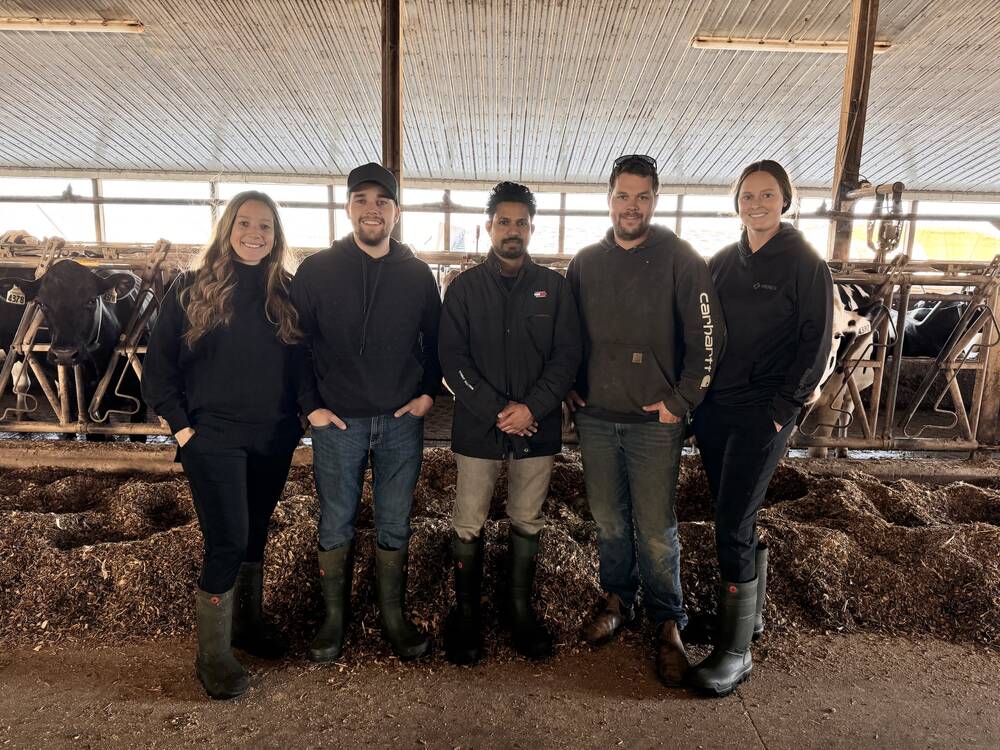Tim May talks about mental health priorities on the farm

Rates of depression, anxiety and chronic stress are high among Canadian farmers, and in many cases they are higher than the general population.
Read Also


Ontario dairies among award-winners for reproductive excellence
Being consistent with feed and milking every day helps keep cows healthy and reproducing efficiently, winners of the Dairy Cattle Reproduction Council awards say
Addressing these issues is the work of Tim May, Ontario dairy farmer and self-styled “agvocate” for farmer mental health.
May spoke at the virtually hosted National Symposium on Agricultural Mental Health Nov. 28 about some of the issues that hinder mental wellness for farmers, as well as ways to deal with them.
Why it matters: Studies show Canadian farmers are at greater risk of depression and anxiety.
“We need to share our unique stressors with the public, with consumers, non-farming consumers, but we don’t want to overshare. We don’t want to make it like ‘woe is me, feel bad for me,’” he said.
“We want to tell them that we love what we do, but we have these challenges that you really need to understand, because some farmers, all they do is complain, and it kind of turns consumers off.”
One of the stressors unique to farming is how often livelihood and success is determined by unpredictable weather.
“Weather, we can’t do a lot about it, but farmers like to complain about it, for good reason,” May said.
Even when crop insurance can cover some of the costs incurred during crop disasters, other on-farm factors still increase stress.
May said a common response is “well, that’s why you have crop insurance”, but many people don’t understand that insurance doesn’t amount to the crop’s total value and product is lost. For a livestock producer like May, “I’m wanting to get feed to feed my animals, so where’s that feed going to come from?”
Attachment and responsibility to animals also puts unique pressure on producers.
“Farmers take care of their animals and we love them. We care for them. We’re attached to them, but they’re also the source of our income and our job,” May said.
“I stress that we actually care about them more, because we’re that tied to them. And there’s a lot of nights that, you know, we’ve been up with cows worrying about them. We don’t want them to suffer. We suffer along with them.”
May said the connection between farmers and their livestock is often misunderstood by animal rights activists, who can be another source of stress. He mentioned a farm near his in Elmira, which activists occupied in an act of protest.
“They went into the barn, occupied it. They had marched down his front laneway, and they were in there for like, a couple hours. He had no way to know who to contact.
“His wife was pregnant at the time. He just went out in the field and was praying that it would just go away. And they ended up stealing a calf from this farm. I can’t imagine the stress that poor farmer went through.”
Although agriculture presents unique challenges, there are also unique opportunities for self-care and well being. Some come from the strength of the community itself.
May noted community projects in which farmers share their stories of mental health struggles, such as The Farmer’s Toolbox, run by the Listowel Agricultural Society, and an Australian initiative called The Naked Farmer. These projects show that farmers are not alone in these struggles, and they provide strategies to deal with them.
Access to land and nature is another advantage for farmers.
“Farmers are very lucky to have land,” May said. “We have 60 acres of bush that I used to explore as a kid, and I took it for granted. I took my kids out there one day, and we had a blast exploring around there.”
He also suggested regular exercise as a means to improve mental health, something farmers often take for granted.
“Everyone says ‘you must work so hard, you must get so much exercise,’ but it’s a different kind of exercise. You’re not getting that cardiovascular workout that’s good for your heart, your brain and your lungs.”
A 2020 survey of 1,100 Canadian farmers revealed a bleak picture of farmer mental health, with 45 per cent of respondents reporting high levels of stress. Many fell into classifications for anxiety (57 per cent) and depression (35 per cent).
But May said he sees potential improvements in the future. He said he sees regular outpourings of support on his social media pages and also sees changing attitudes among young farmers.
“The next generation is awesome,” he said. “There’s no stigma there that I can see. They’re very open.”
Source: Farmtario.com

